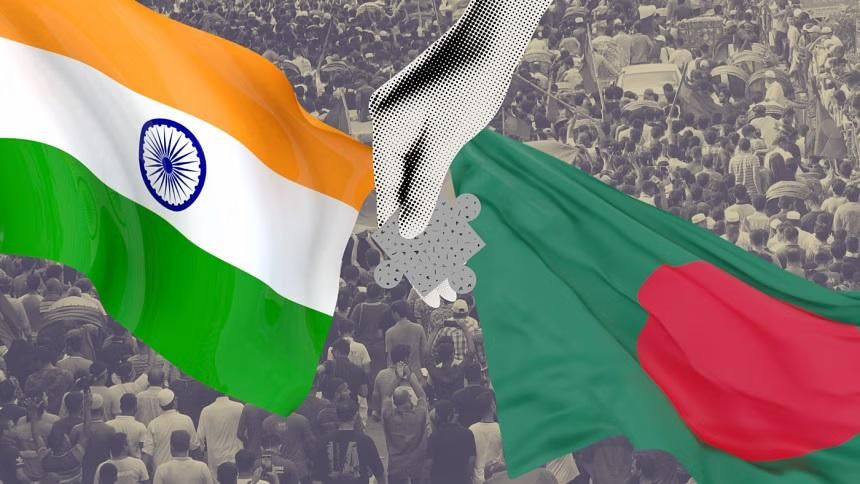Following the tea company's bankruptcy, Typhoo is about to be acquired by a disposable vaporiser manufacturer.
Supreme, a UK retailer of e-cigarette brands 88Vape and Elfbar, announced on Thursday that it was in negotiations to acquire one of the country's oldest tea enterprises.
The announcement was made just hours after Typhoo said in a notice filed on Wednesday that, following two weeks of searching for creditors to repay its obligations, it had engaged administrators.
Earlier this month, the business, which has previously featured Ben Fogle and Nigella Lawson in advertisements, submitted a notice to choose administrators.
However, the business chose to hire rival Kroll instead of the administrators it had originally lined up from EY.
Kroll said Typhoo had “experienced significant cash flow constraints as a result of supply chain disruptions and subsequent service issues”.
A Kroll spokesman said: “The company has been exploring a sale of the business and assets which is in the process of concluding.
“The administration process provides Typhoo Tea with protection, allowing the joint administrators to finalise the sale in order to rescue the business.”
As well as vapes, Supreme sells batteries, supplements and protein powders. The company is eyeing up tea amid a government crackdown on vapes. Looming legislation will stop younger children being able to access cigarettes and vapes. Vape advertising which is likely to be seen by children will be outlawed.
Supreme said discussions were at an advanced stage, but cautioned: “There can be no certainty that the potential acquisition will be completed.”
Typhoo, which was founded in 1903 by Birmingham grocer John Sumner, was once one of the UK’s best-selling tea brands.
However, sales have struggled in recent years as many Britons have switched to coffee, energy drinks and novelty drinks such as bubble tea.
Tea consumption has been in decline for years and is forecast to drop by 8pc between 2023 and 2028, according to research firm Mintel.
Revenues at Typhoo fell from £34m in 2022 to £25m last year, while losses ballooned to £38m from £9.7m a year earlier, according to publicly available accounts.
The steep jump in losses came after the company suffered a break-in at its mothballed factory in Merseyside, which involved “extensive damage” to machinery and tea stock. This delayed the sale of the factory, which was then completed in June 2024.
Typhoo said it was forced to swallow £24m of exceptional costs in the 2023 financial year, with a significant portion of that related to the damage. Typhoo bosses said this had “materially” affected its operations.
In recent years, competition has also been ramping up from a wave of new “wellness” tea brands on the market, while manufacturers have also had to contend with tea paper shortages and a surge in import costs following Brexit.
Typhoo hired Dave McNulty, the former head of Burts Snacks, as its new chief executive last month.
At the time, Typhoo launched an overhaul of its supply chain aimed at stopping sexual violence against women working on tea plantations in Africa.
The change involved going from working with 300 tea plantations in East Africa to just three. The company warned that this could result in higher prices in supermarkets.
Private equity firm Zetland Capital has been the company’s majority shareholder since 2021. Typhoo’s debts stood at £73m at the end of September 2023, compared to £53m a year earlier.
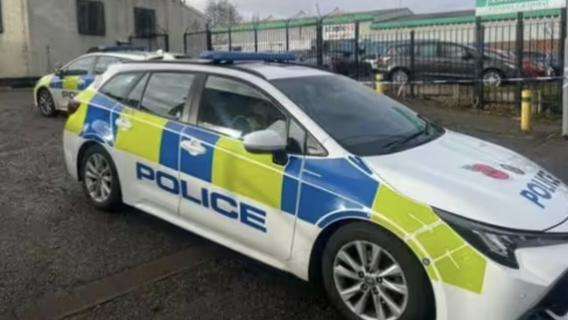
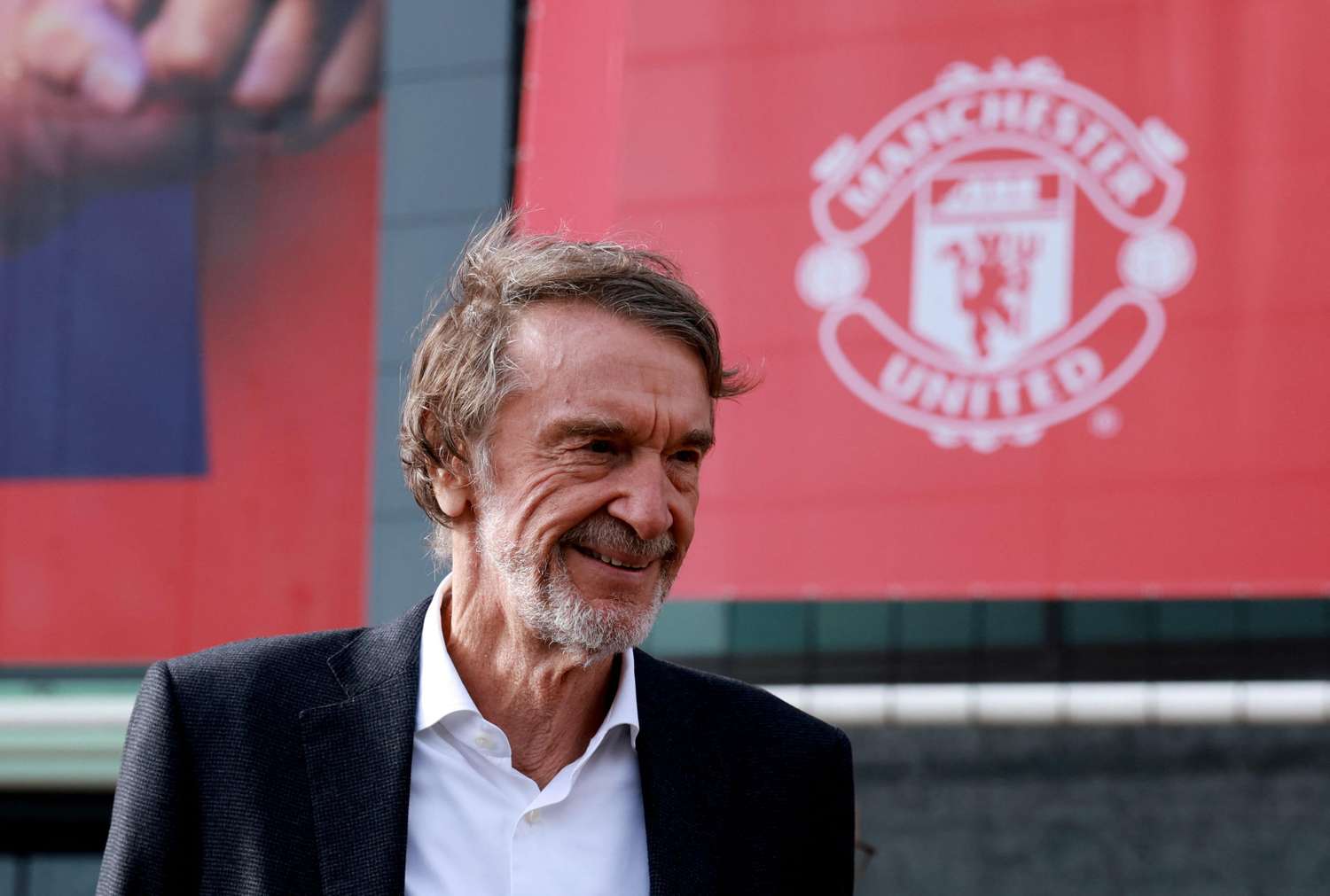
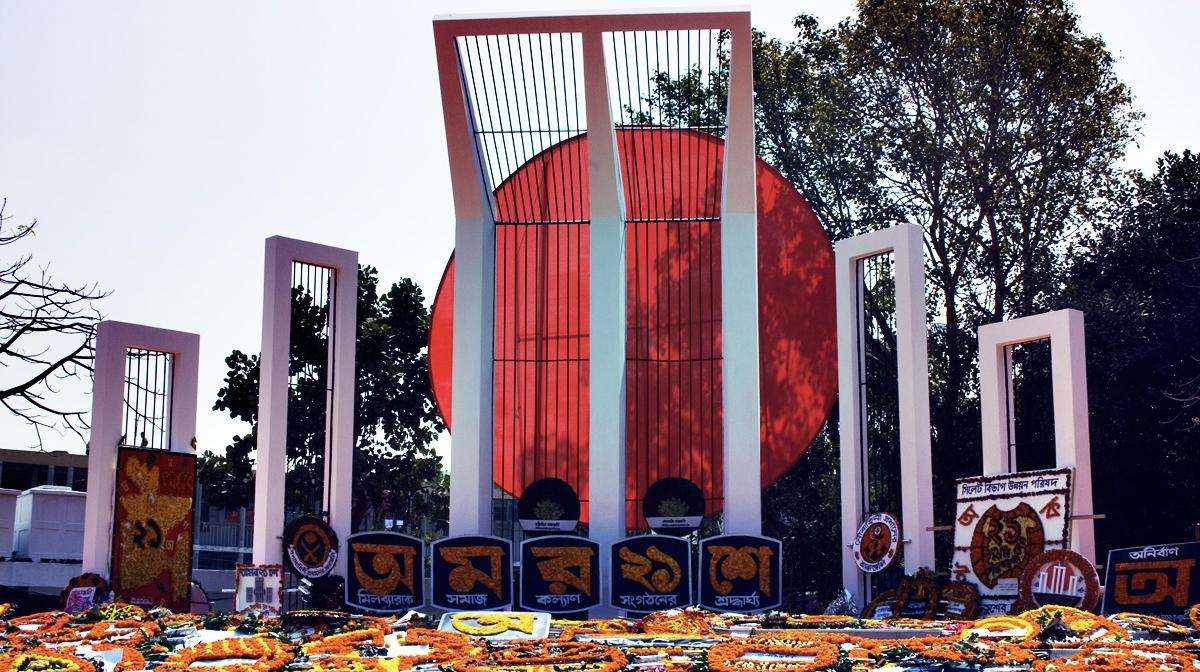
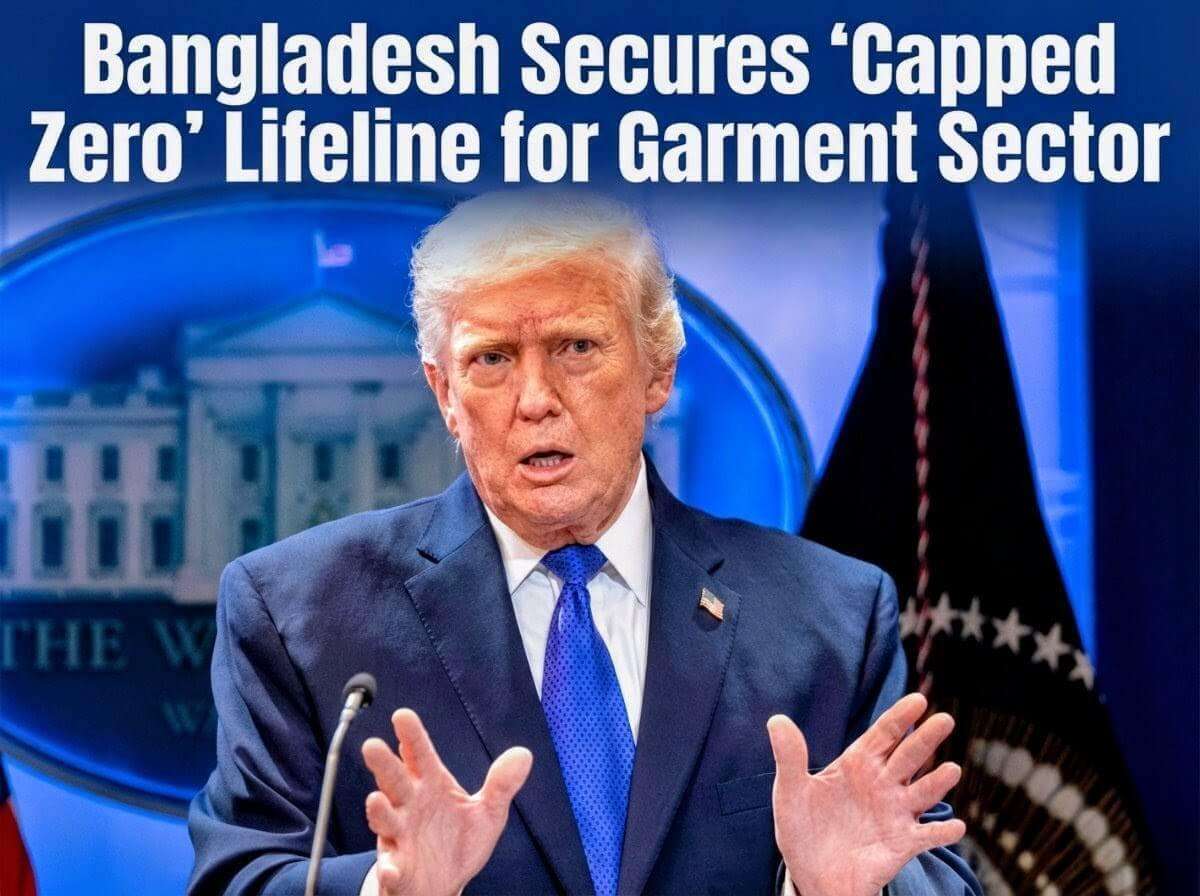



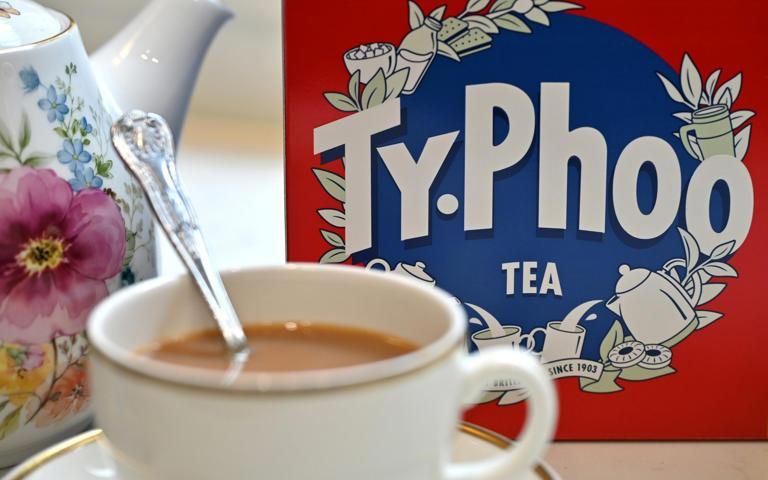
.svg)

